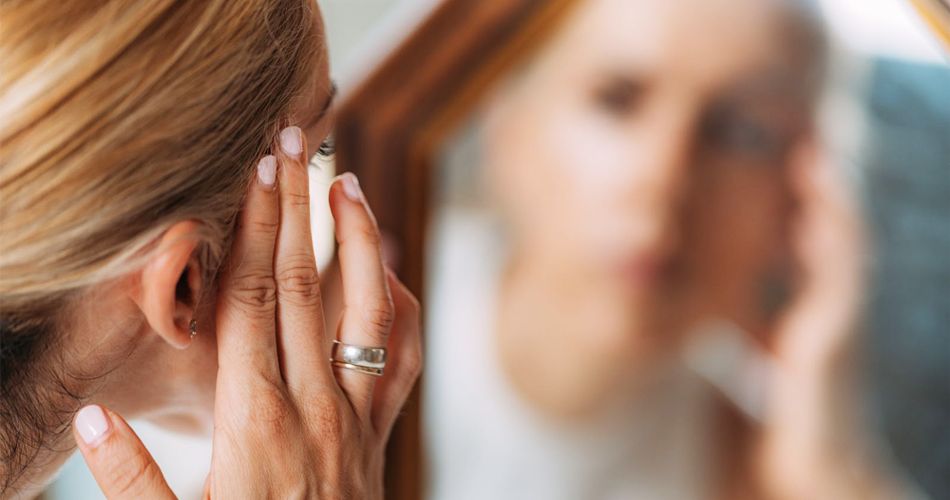
What Is Body Dysmorphia?
Lots of people feel self-conscious about their appearance for a myriad of reasons. For instance, many people don’t feel confident about wearing swimwear due to what can feel like an all-consuming pressure to have a great ‘beach body’. A phrase that isn’t quite as universally well-known as the beach bod is something called body dysmorphia, a severe form of low body confidence.
Is Body Dysmorphia A Mental Illness?
The term dysmorphia stems from the Greek roots ‘dys’, meaning bad or unlucky, and ‘morphe’ meaning body, shape or form. In essence, dysmorphia is a mental health condition where, for whatever reason, you view your own body as being wrong. This can be common in amputees or transgender people, as their bodies no longer or don’t yet look the way they want them to. But anyone can experience dysmorphia, even if other people perceive them as being conventionally attractive.
It’s important to note that body dysmorphia is not the fault of the individual, nor is it the fault of their loved ones. Like other mental health conditions, such as depression or anxiety, body dysmorphia is a real, treatable issue - it’s not just being self-obsessed, overly self-critical or simply vain.
What Causes Body Dysmorphia?
It’s not known exactly what causes the condition, but it’s thought that the following factors may make you more likely to develop body dysmorphic disorder:
- Having a pre-existing mental illness such as obsessive-compulsive disorder (OCD), eating disorders or generalised anxiety disorder
- Experiencing a traumatic event - for example, being bullied or abused in the past
- Being related to someone who has body dysmorphic disorder, depression or OCD
However, this doesn’t mean you can’t have body dysmorphia if none of these apply to you. If you suspect you have body dysmorphic disorder, it’s best to speak to a trusted medical professional such as your GP.
Additionally, some people with severe body dysmorphia find that selective serotonin reuptake inhibitors (SSRIs) are effective in reducing the symptoms and making them manageable. SSRIs are an antidepressant medication that affects the way that serotonin is used up in the brain, suggesting that an imbalance of neurotransmitters may have a role to play.
How To Know If You Have Body Dysmorphia
Body dysmorphia can be thought of as a more serious escalation of low body confidence, so how can you tell which one you have? The NHS lists the following as symptoms of body dysmorphia:
- Excessively worrying about the appearance of a specific part of your body (commonly, but not necessarily, your face)
- Picking at your skin
- Spending a lot of time comparing your appearance to that of others
- Looking at yourself in the mirror a lot OR avoiding seeing your reflection altogether
- Spending an excessive amount of time attempting to conceal your perceived flaws - for example, applying makeup, choosing outfits or altering your hairstyle
These are all things you might do to some extent if you have low body confidence, but if you notice these symptoms excessively or you feel as though you can’t stop doing them, that may be a sign that you have body dysmorphic disorder.
Another sign is if your low body confidence significantly impacts your ability to go about your day-to-day activities as normal. For example, you might feel unwilling to let yourself be seen in your lingerie, even by your partner, due to feelings of shame or embarrassment. This can in turn affect your relationships - but it’s important to know that body dysmorphia can be treated.
Although body dysmorphia can be scary to live with, there is support and advice available to help you manage your symptoms and feel better about your appearance, as well as specialised treatment plans. To access help with low body confidence or body dysmorphia, speak to your doctor or pharmacist about your options.